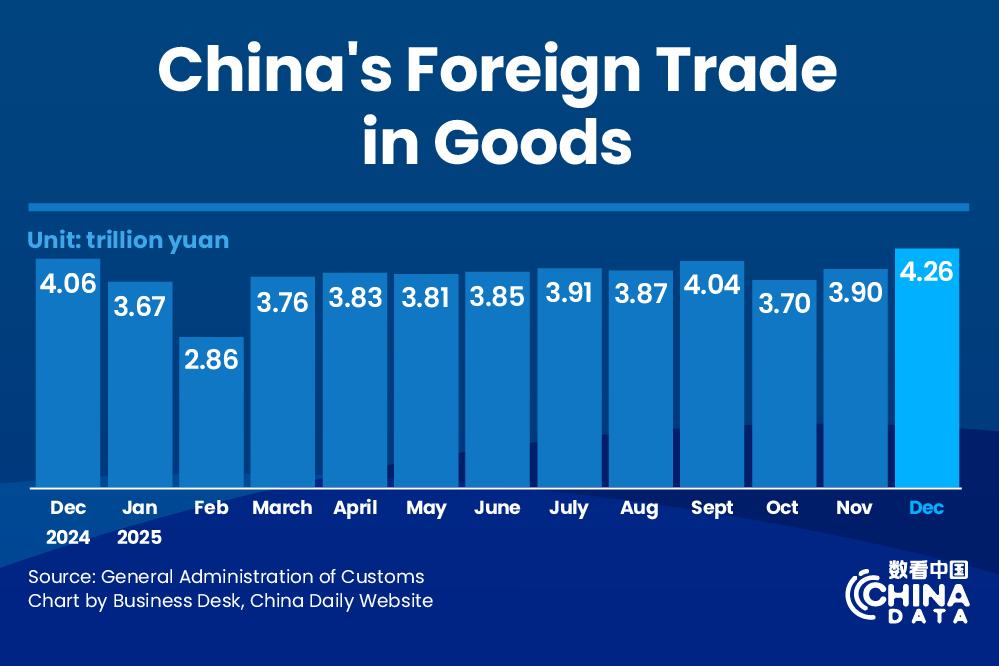US ban on Huawei harms global scientific cooperation: analysts

Zhang confirmed with China Daily that some of her friends in the US received the email from IEEE. Zhang joined IEEE while a PhD student because the organization is recognized as an international professional academic platform in electronics engineering-related areas by her colleagues and friends worldwide.
"During the last 20 years, I worked with many scientists like you together in IEEE societies, journals, conferences, events… because we all believe that IEEE is an international society, not just belong to USA or North America or some parties; its members cover all over the world and everyone has an equal right to make it more professional, productive with high efficiency," Zhang said.
"But, today, this message from IEEE for replacing all reviewers from Huawei in IEEE journals is challenging my professional integrity. I have to say that, as a professor, I don't accept this. Therefore, I decided to quit the IEEE NANO and IEEE JEMS editorial board until one day it comes back to our common professional integrity."
Zhang said in an interview that she believed the IEEE made the decision due to external pressure or being affected by political reasons.
"They (the IEEE) didn't openly issue the ban because it's a shame," she said. "This not only goes beyond the bottom line of myself, but also scientists in China and the world."
Chinese online users also expressed strong opposition to the IEEE's practice. A user named Ta said, "Such practice defies all my knowledge. When nobody challenges the US, science has no boundaries. But when somebody does, science is the US's weapon against others' hearts. "
Xiang Ligang, director-general of telecom industry association Information Consumption Alliance, said the move shows that the US ban on Huawei harms global scientific cooperation.




































